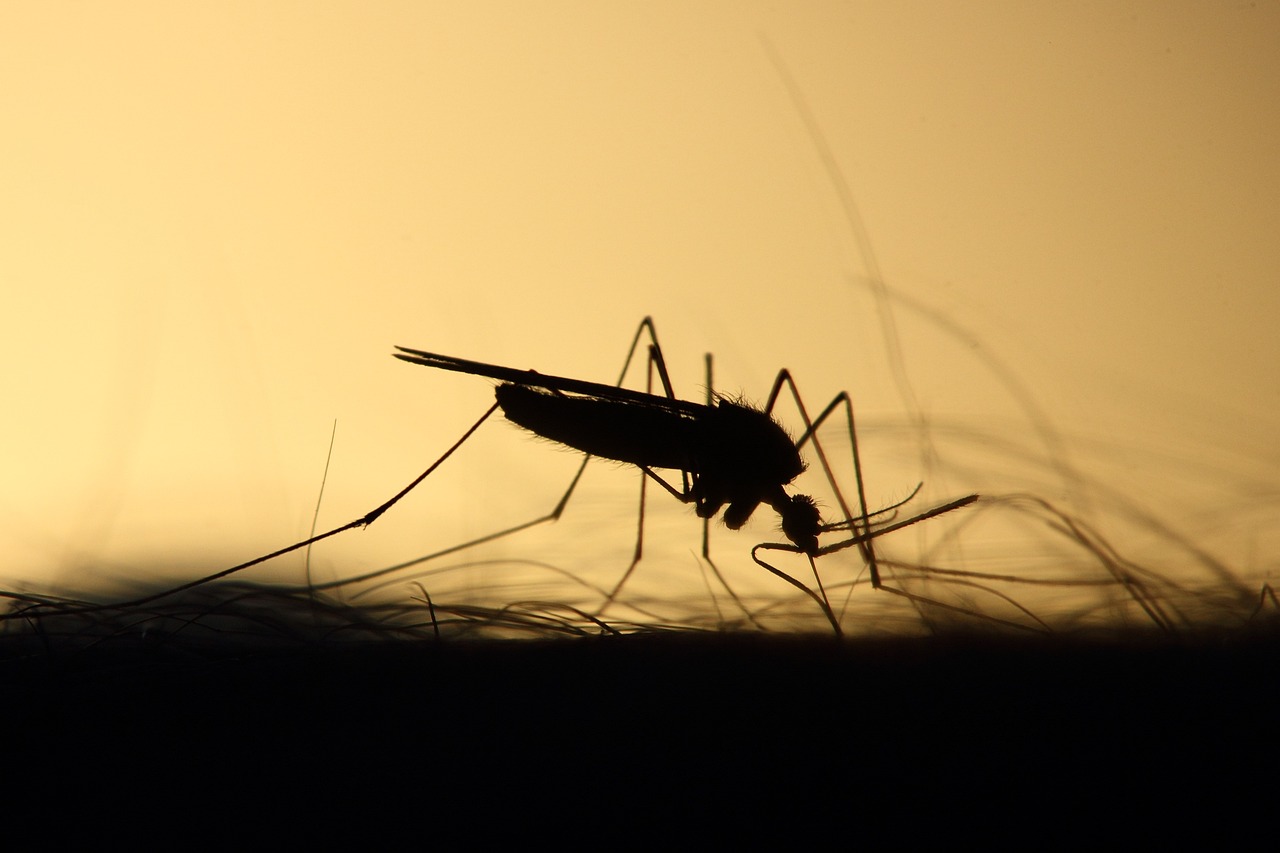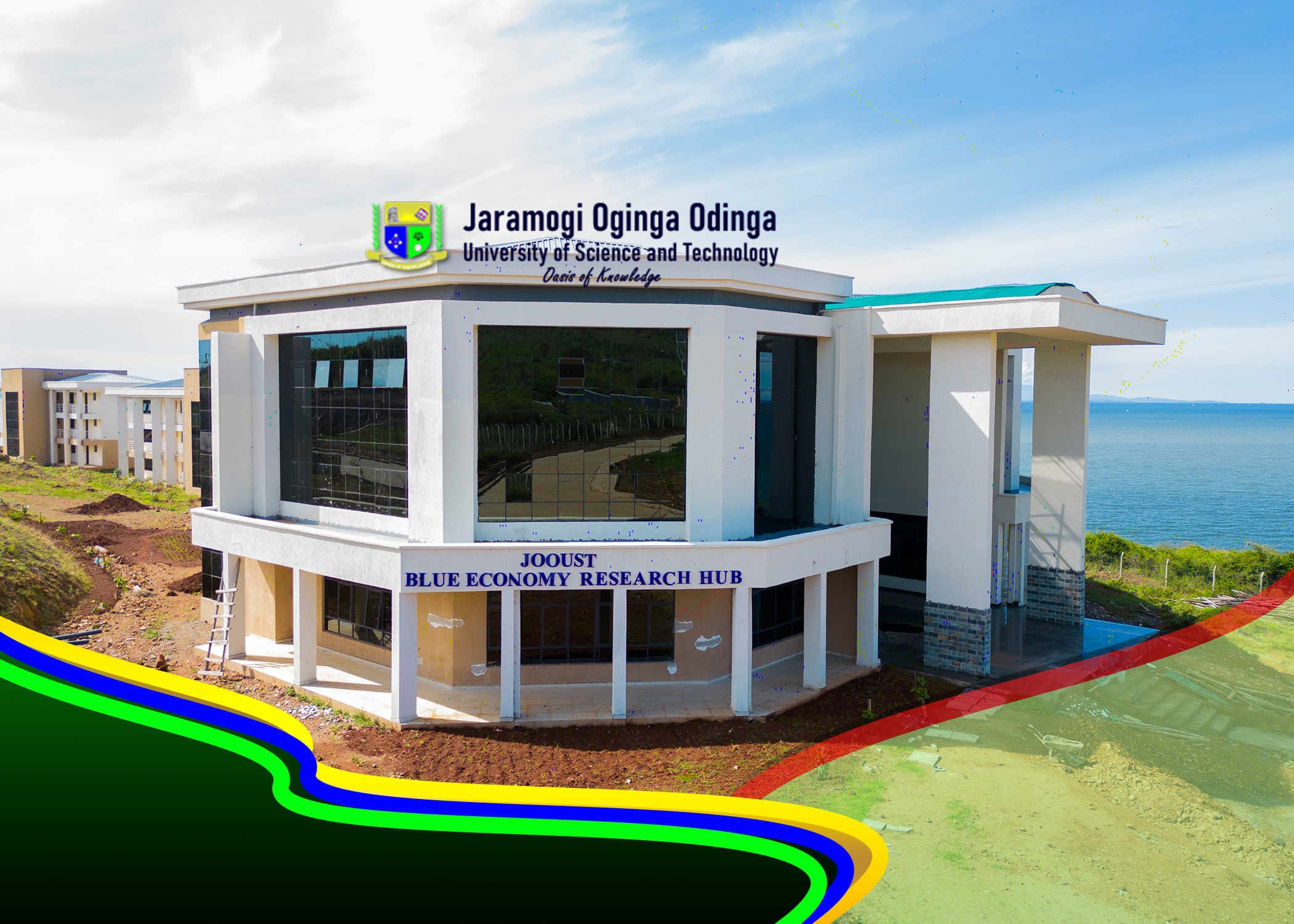Africa Research Excellence Fund (AREF)
Understanding the melanisation response in Anophelese mosquitoes and how they impact infectivity and malaria transmission in natural settings
Projects

Project Summary:
Malaria control is challenged by the emerging insecticide and parasite resistance. However, to accelerate towards elimination, alternative strategies parasite control strategies are required. A possible malaria control strategy involves the use of mosquito melanization response, a complex innate defence mechanism to block Plasmodium transmission. However, in the Anopheles gambie (sl), there is paucity of data on the impact of melanization on malaria transmission in natural settings.
This study will elucidate how melanization is affecting Anopheles gambiae (sl) mosquitoes’ refractoriness and susceptibility to malaria transmission in natural settings in Africa. This study will elucidate how melanization is affecting Anopheles gambiae (sl) mosquitoes’ refractoriness and susceptibility to malaria transmission in natural settings in Africa. The findings will provide additional approaches for controlling the vectorial capacity of anopheline mosquitoes. Dr. Awandu undertook a 6 month placement at the IRSS in Burkina Faso, working with Dari Da to unravel the role of melanization response in Anopheles coluzii mosquitoes. IRSS has a fully functional and operational African Transgenic Research Insectary involved in sufficient production of mosquitoes to support field studies. This placement, provided Dr Awandu and JOOUST with a yardstick to design an insectary to spearhead homegrown multidisciplinary malaria research in malaria endemic western Kenya.
Principal Investigator(s):

Dr. Shehu Shagari Awandu,
Jaramogi Oginga Odinga University of Science and Technology (JOOUST), Kenya.
Dr. Dari Da,
Institut de Recherche en Sciences de la Sante’ (IRSS), Burkina Faso
Funding Source
Key Activities and Milestone
- 6 month placement in Burkina Faso for the PI at the IRSS, to work with Dr. Dari Da on melanization response in Anopheles coluzii mosquitoes
- PI trained in advanced epidemiological analysis at the London School of Hygiene and Tropical Medicine (LSHTM)
- Presentations at the 8th Pan Africa Mosquito Control Association(PAMCA) meeting in Kigali Rwanda (2022) and at the ANTI-VeC Network Meeting: Genetic and Symbiont-based Control Approaches for Vector Control’, Kilifi, Kenya (2023).
- Training of MSc students and lab technicians on mosquito husbandry as well as groundwork for the establishment of an insectary at JOOUST.
- Fostered collaborations and linkages with local and international networks.
Impact and Relevance
Projects has positioned JOOUST as a premier institution on vector biology research. It has established linkages and collaborations with local and global partners from the the Kenya Medical Research Institute (KEMRI – Dr. Stephen Munga and Dr. Eric Ochomo), University of Warwick (Prof. Tom Walker), International Centre for Insect Physiology and Ecology (ICIPE – Dr. Jeremy Herren), Univesity of Glasgow (Dr. Emilie Pondeville) and Florida International University (Prof Jun Li). It has trained masters students, interns and technicians on mosquito sampling techniques and husbandry, molecular identification, dissections for oocysts and melanization response assays. Further, the project has gathered preliminary baseline entomological data in the highland areas of Kisii and Nandi counties in western Kenya for use in future large scale grant applicactions. The project is sourcing for additional funding to establish a fully functional entomology laboratory at JOOUST for vector incrimination studies.

